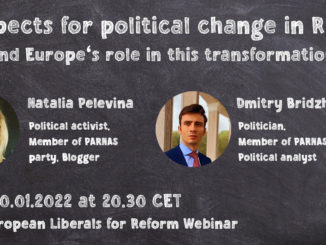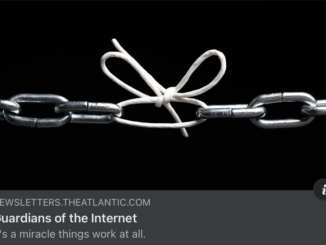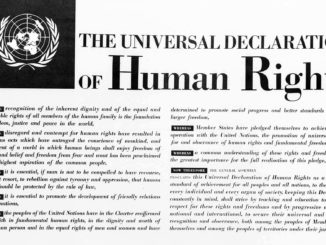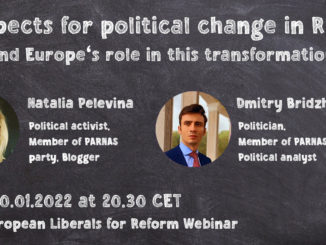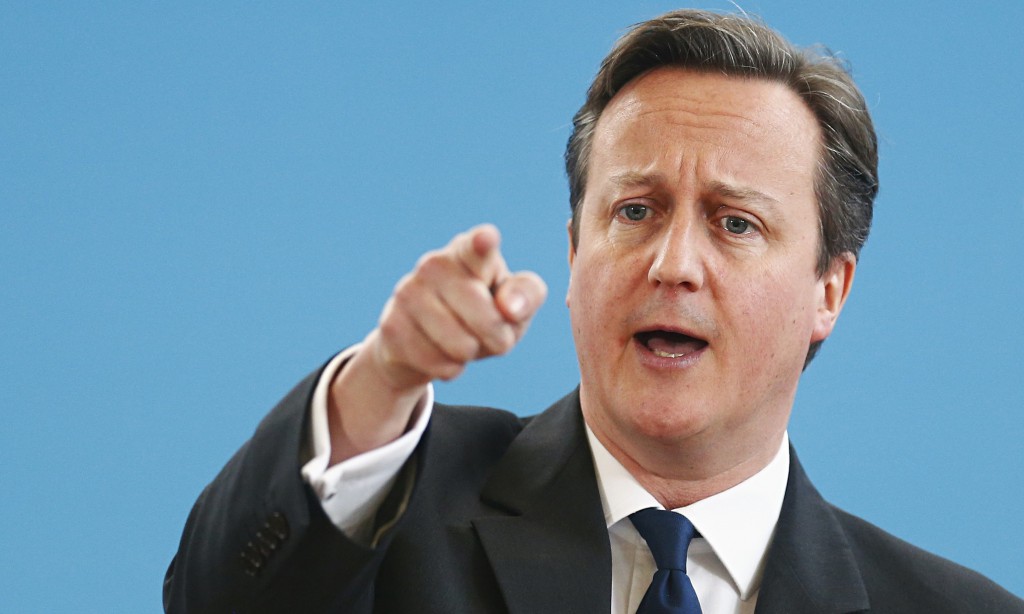
Bagehot in the Economist asks the question: Could David Cameron have done anything other than walk away from a new EU treaty?
Some of the comments are puzzling, to say the least: most sites allowing comments are full of trolls, but the jingoists and chauvinists seem to be feeling particularly euphoric at the moment.
My reply to some of the more chauvinistic comments, claiming that you can’t trust the French and the Germans anyway, because of past events, and that Britain is better off on its own:
Let’s face it, if you dig deep enough, you will find reason to resent – better, hate – every neighbour and every nation in Europe or, in the case of Great Britain, around the world. And it’s fully reciprocated, considering the role Great Britain has played around the world. Milosevic did just that in Yugoslavia: dig out the old skeletons, hundreds of years old, wave them in front of the Serb populace often enough, until he could manipulate them to get their own back for past massacres, misdeeds and betrayals – the Balkans are full of them. We’ve seen the results: massacres, concentration camps and an impotent Europe (and I don’t mean Brussels, I mean the governments within the union, because every institution is only as good as its members).
Alternatively, you deal with your neighbours across the channel, considering that there is more to be gained by looking for common interest, the points that join us rather than separating us.
At the end of the massacres, holocaust and destruction of WWII, the winning powers decided to hold their nose and give their enemies a chance. They may have advocated the total destruction of Berlin, to reciprocate for the total destruction of Warsaw in 1944, but they did not (mind you, you also could argue that they didn’t give a damn about Warsaw.) Instead, they came up with the Marshall plan. 66 years later, we are still enjoying the results of that decision: a wealthy, healthy Europe. With its problems, with its squabbles, for sure. But ministers may fight at summits, while we don’t: we follow from the comfort of our homes, without fear that our sons (and these days daughters) will be going to war with the Germans, French or Italians over a real or perceived slight. Does anybody realise that we may be living the longest period of peace in Europe since hundreds of years? I know that my grandfather participated in 5 wars in his lifetime – and he died just before WWII. Do we want to go back to that?
So let’s calm down, let’s look for the common interests, remember that Britain participated, of its own free will, in all the decisions of the European Union since it joined it in 1973.
I think Polish foreign minister Sikorski summarised it very well in his 30 Nov Berlin speech:
“Which brings me to the issue of whether an important member, Britain, can support
reform. You have given the Union its common language. The Single Market was largely
your brilliant idea. A British commissioner runs our diplomacy. You could lead Europe
on defence. You are an indispensable link across the Atlantic. On the other hand, Euro
zone’s collapse would hugely harm your economy. Also, your total sovereign, corporate
and household debt exceeds 400% of GDP. Are you sure markets will always favour
you? We would prefer you in, but if you can’t join, please allow us to forge ahead. And
please start explaining to your people that European decisions are not Brussels’ diktats
but results of agreements in which you freely participate.”






